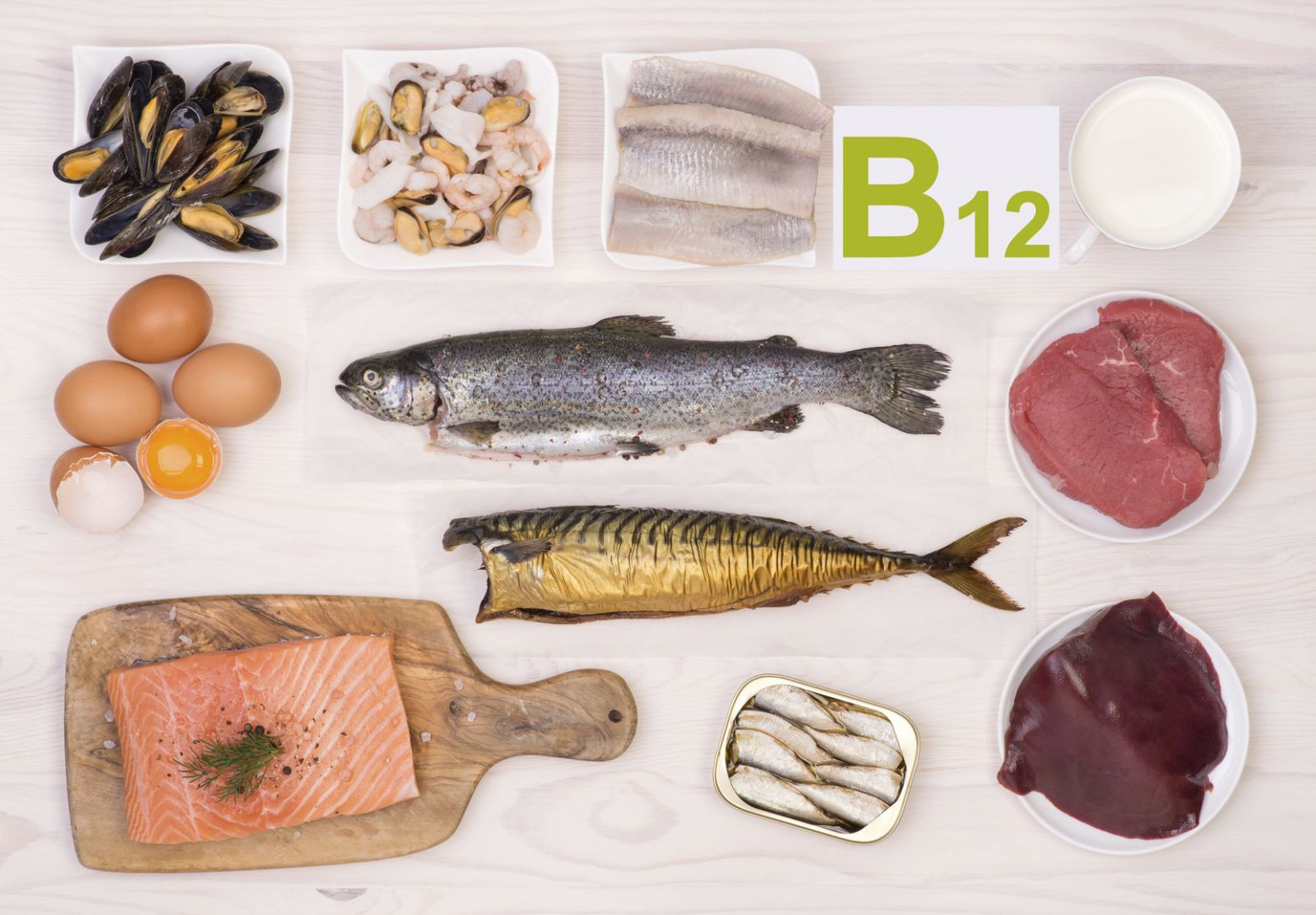
What are somatic workouts?

How to curb your stress eating

How to spot Parkinson’s disease symptoms

8 simple ways to reduce ultra-processed foods in your diet

Heart failure symptoms in women: How they’re different

GERD diet: Foods to avoid to reduce acid reflux

Strong is the new skinny

Everyday habits that sneakily weaken your bones

Don’t wait to get help for back pain

Correcting how you walk may ease osteoarthritis knee pain
Nutrition Archive
Articles
Should you try the keto diet?
The ketogenic diet deprives the body of carbohydrates for fuel. Instead, the body uses ketone bodies, a type of fuel that the liver produces from stored fat. Keto diet followers must eat fat at each meal. In a daily 2,000-calorie diet, that might look like 165 grams of fat, 40 grams of carbs, and 75 grams of protein. Ditching carbs means limiting fruits and vegetables, which raises the risk for nutrient deficiencies. The keto diet also increases the risk for kidney, liver, mood, and thinking problems.
11 foods that lower cholesterol
Certain foods, such as beans, oats and whole grains, fatty fish, and fruits and vegetables that are high in fiber, can lower "bad" LDL cholesterol.
How to shop for healthier foods
Men's diets should include plenty of whole foods like fruits, vegetables, legumes, and whole grains, while avoiding high amounts of processed foods. However, men should be mindful about reading food labels when shopping to ensure they get more of the healthiest nutrients and much less of certain substances. In particular, men should focus on adding more fiber and decreasing their intake of sodium and added sugar.
Are you eating enough protein?
Strength training and protein are two ways to combat age-related muscle loss, known as sarcopenia. Muscles need protein to help fuel new growth and maintain mass. However, many aging men don't consume enough protein and may need more than the usual recommended daily intake. To get more protein, men can start by tracking their daily protein consumption and then making dietary adjustments, such as choosing high-quality protein foods, spreading protein across daily meals, and using protein powders as needed.
Chia seed benefits: What you need to know
Packed with fiber, protein, omega-3 fatty acids, and antioxidants, tiny chia seeds pack a nutritional punch. Learn more about their health benefits and how you can easily incorporate chia seeds into a range of foods for a nutritious boost.
Fighting inflammation with food
A healthy diet is believed to play a role in warding off chronic inflammation that can lead to chronic diseases such as diabetes, cardiovascular disease, cancer, and cognitive decline. Six types of foods that may help fight chronic inflammation are berries, fatty fish, leafy greens, nuts, seeds, and tomatoes. These foods are all found in a Mediterranean-style diet, which consists of fruits, vegetables, legumes, whole grains, nuts, seeds, lean proteins, and small amounts of dairy foods and olive oil.
Eat more fiber-rich foods to foster heart health
Many studies suggest that fiber-rich diets may help prevent heart disease. But most Americans eat only about 16 grams of fiber a day-far less than the recommended amounts.

What are somatic workouts?

How to curb your stress eating

How to spot Parkinson’s disease symptoms

8 simple ways to reduce ultra-processed foods in your diet

Heart failure symptoms in women: How they’re different

GERD diet: Foods to avoid to reduce acid reflux

Strong is the new skinny

Everyday habits that sneakily weaken your bones

Don’t wait to get help for back pain

Correcting how you walk may ease osteoarthritis knee pain
Free Healthbeat Signup
Get the latest in health news delivered to your inbox!
Sign Up











